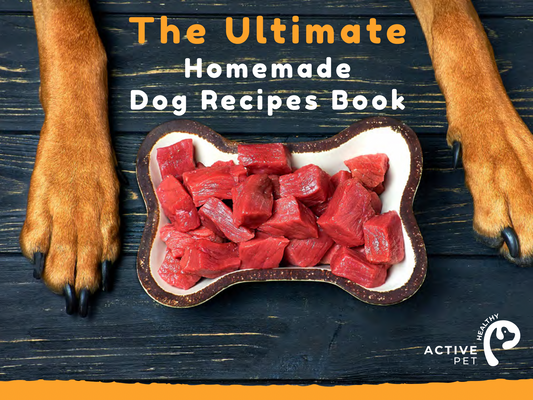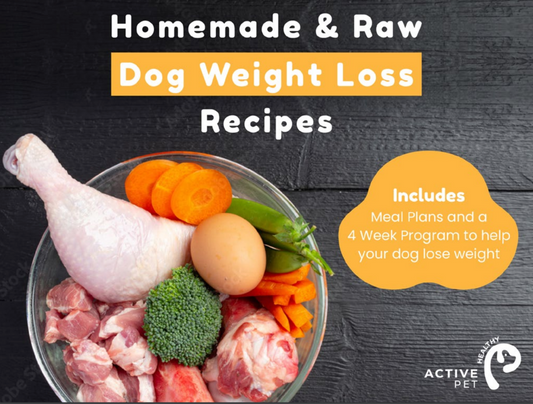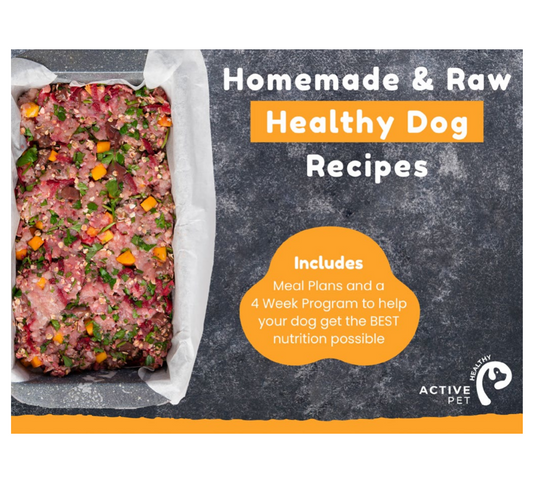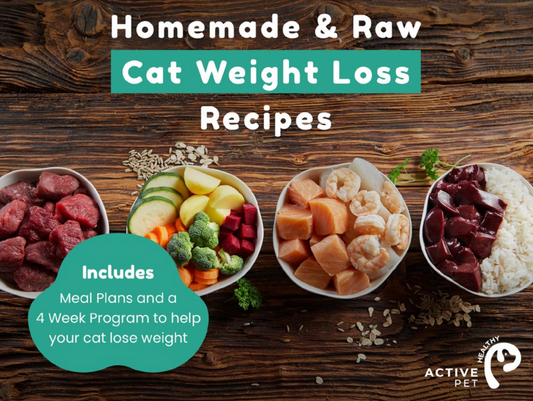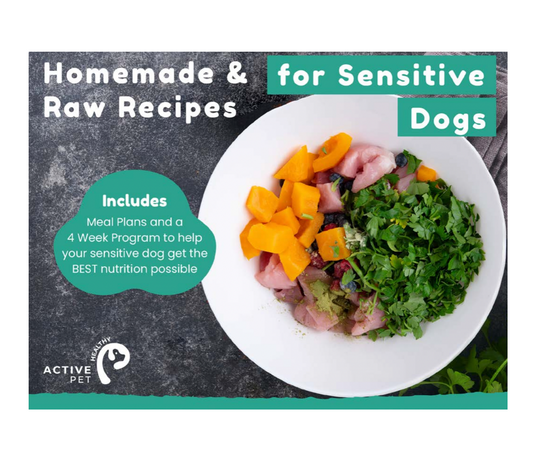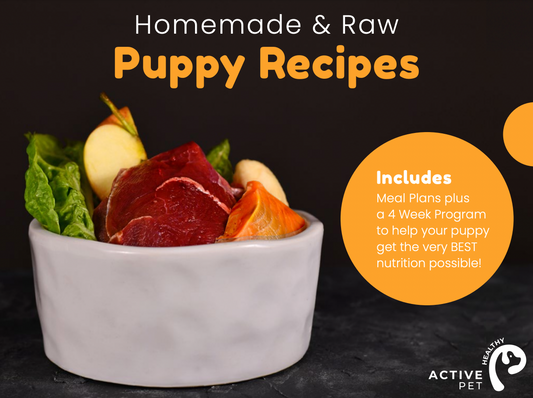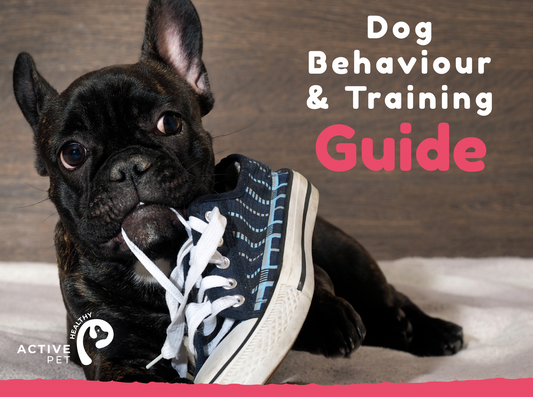
Why good nutrition is important
Good nutrition is as important to our pets as it is to us as humans . We are what we eat and if we don’t eat well it can lead to weight gain and long term health issues .
But the pet food industry is dominated by pet food manufacturers who don’t create and sell pet food that is healthy or nutritionally dense . Instead they are often motivated by making profits and are mass producing dog and cat food that could in fact be doing harm to your furry friend
In order for thriving health to occur, all living things must consume the foods they were designed to eat . This is known as species-appropriate nutrition
Dogs and cats, like humans, are more resilient and can eat a number of things their bodies were not designed to eat . However, their health and vitality suffers .
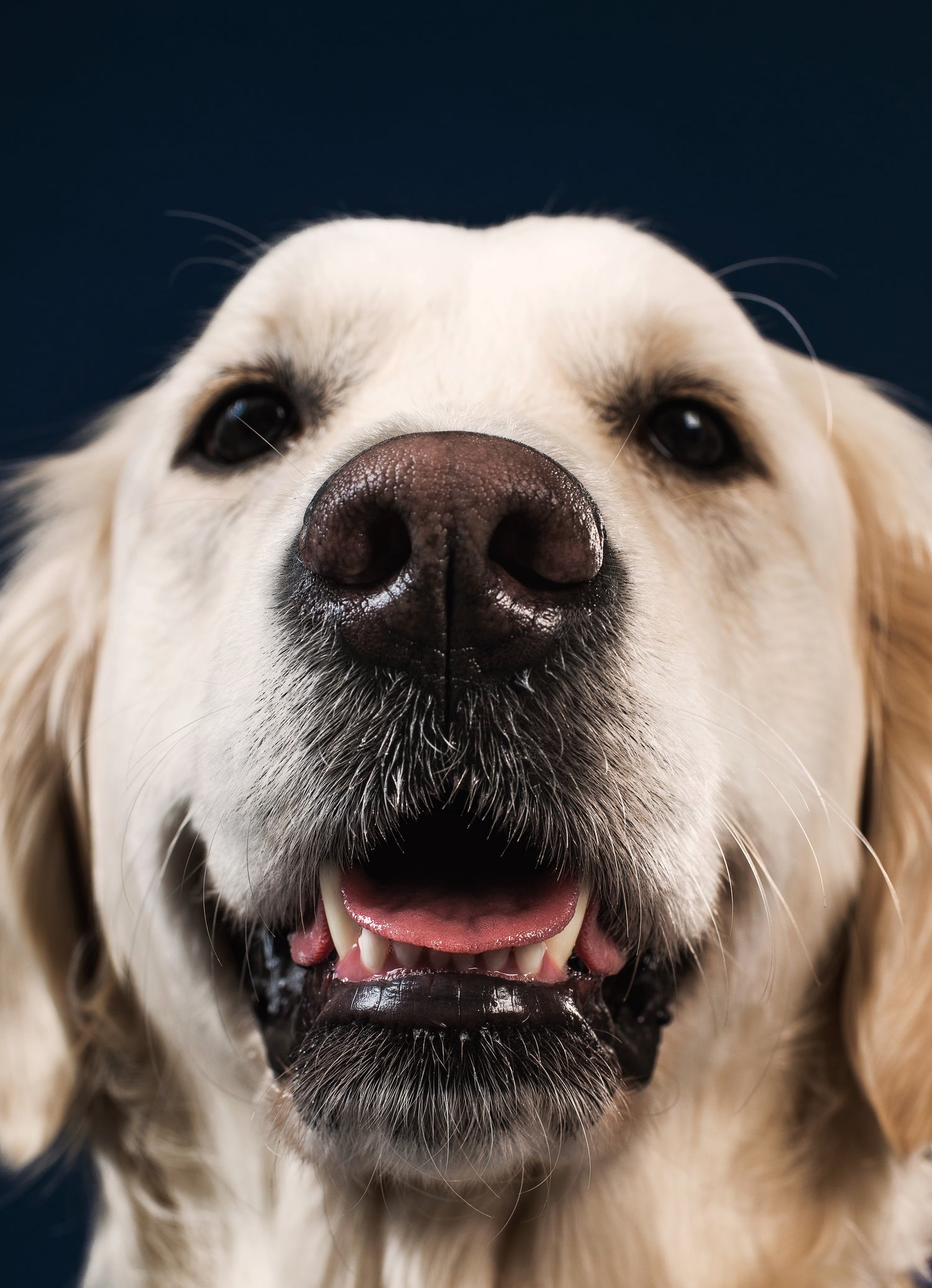
Issue with animals being overweight
According to a 2018 survey from the Association for Pet Obesity Prevention in the US, 55 8% of dogs are classified as overweight or obese.
While a similar study hasn’t been in Australia for over 15 years, it’s thought that rates in Australia are comparable and increasing.
The last time this survey was done in Australia (in 2005) the results showed 40% of dogs were overweight or obese, which is an enormous and worrying jump.
Equally as concerning, it’s thought that 90% of pet owners don’t realise their pet is overweight!
So, what’s a few extra pounds? Well, it could mean the difference between a long, happy and pain-free life, or one coloured by disease and shortened by obesity.

Health impact on Dogs
The impact of additional weight or obesity on our dogs can include an increased risk of skin conditions, chronic inflammation, arthritis, orthopaedic issues, kidney disease, cancer, diabetes, heart disease, colitis and other digestive problems, urinary issues, liver disease, pancreatic inflammation, an increased risk of complications during surgery (which is more likely to be required) and, ultimately, a reduced life expectancy .
Cross reference this list with the top ten reasons for vet visits in dogs in 2018 (in the USA), and a clear pattern emerges:
- 26% saw a vet for stomach issues
- 17% for skin conditions
- 14% for pain
- 10% for ear infections
- 7.7% for eye conditions
- 5.8% for a growth or lump
- 5% for cancer
- 4.8% for cruciate ligament or ACL
- 4.8% for a UTI and
- 4.5% for a heart condition
What is the right weight for my Dog?
The first step we recommend is to use a body condition chart to determine if your dog is a healthy weight, like the one below . This will give you an idea of how much work you have ahead of you, and it will help you document your progress .
Before embarking on any weight loss journey for your dog, it’s important to have a thorough check up at the vet to make sure there aren’t any underlying health problems causing your pet’s weight gain, such as an under active thyroid .
Most dogs will be completely fine to follow the exercise guidelines in this meal plan, but it’s a good idea to check with your vet what an appropriate amount of exercise
is for your dog if they are a bit older or have any health conditions, like arthritis .
Unfortunately, not all vets are well versed in fresh food diets and aren’t always supportive of home cooking . This is a complex topic that relates to both the risks of poorly formulated homemade recipes, and the influence of “big pet food .”
These recipes have been formulated to meet the same standards commercial pet food in Australia is generally formulated to meet (the AAFCO standards), which will hopefully alleviate any concern . If not, finding a vet that supports fresh foods is a helpful step to successfully implementing this meal plan, as they can encourage and guide you, building your confidence and supporting you and your dog on their journey
to wellness .
What can we do to help our Dog if they are overweight?
As time has passed and our dogs have gradually gotten heavier, it’s understandable that we may have lost sight of what a healthy weight really looks like . After all, it’s now the norm for dogs to be overweight, if not obese!
Before we get into the meaty bits, we have summarised out top 10 tips to help your dog lose weight and keep it off .

1. Ditch the heavily processed, carbohydrate dense dog food
2. Start your dog on a fresh, species appropriate diet
3. Stop obsessing over restricting calories and focus on nourishing your dog
4. Exercise with your dog daily
5. Make sure your dog is hydrated
6. Quit the ultra-processed treats and make simple, healthy swaps
7. Become a planner and incorporate your dog’s food prep into your family’s routine
8. Keep healthy, easy options in the pantry for when life inevitably gets busy
9. Monitor your dog’s body condition score regularly to track their progress
10. View this as an investment in your dog’s health that will extend your life together
Check out our products, recipes and programs that encompasses all of the above and will put your Dog back on the right track
-
The Ultimate Raw & Homemade Dog Recipe eBook
Regular price $69.99Regular priceUnit price per -
Homemade Dog Weight Loss Recipe eBook & Plan
Regular price $39.99Regular priceUnit price per -
Quarterly Recipe & Healthy Active Pet Membership
Regular price $69.00Regular priceUnit price per$179.00Sale price $69.00Sale -
Homemade Healthy Dog Recipe eBook & 4 Week Plan
Regular price $39.99Regular priceUnit price per -
Homemade Cat Weight Loss Recipes & 4 Week Program
Regular price $39.99Regular priceUnit price per -
Homemade Recipe eBook For SENSITIVE Dogs & 4 Week Plan
Regular price $39.99Regular priceUnit price per -
Homemade Puppy Food Recipe eBook
Regular price $39.99Regular priceUnit price per -
Dog Behaviour & Training Guide
Regular price $24.99Regular priceUnit price per -
Dog Raw Feeding Recipe Book Bundle VALUE Pack
Regular price $139.00Regular priceUnit price per$239.00Sale price $139.00Sale
Let customers speak for us

Want the best value? Become a member!
Get exclusive access to our catalog of recipes as well as instant access to new recipes added every month.
You'll also get access to ALL health & wellness programs for all pets, VIP access to sales and launches, and access to our private group with animal expert Q & A's.
We'll also give you 5% OFF everything just for being a member!What are you waiting for?



